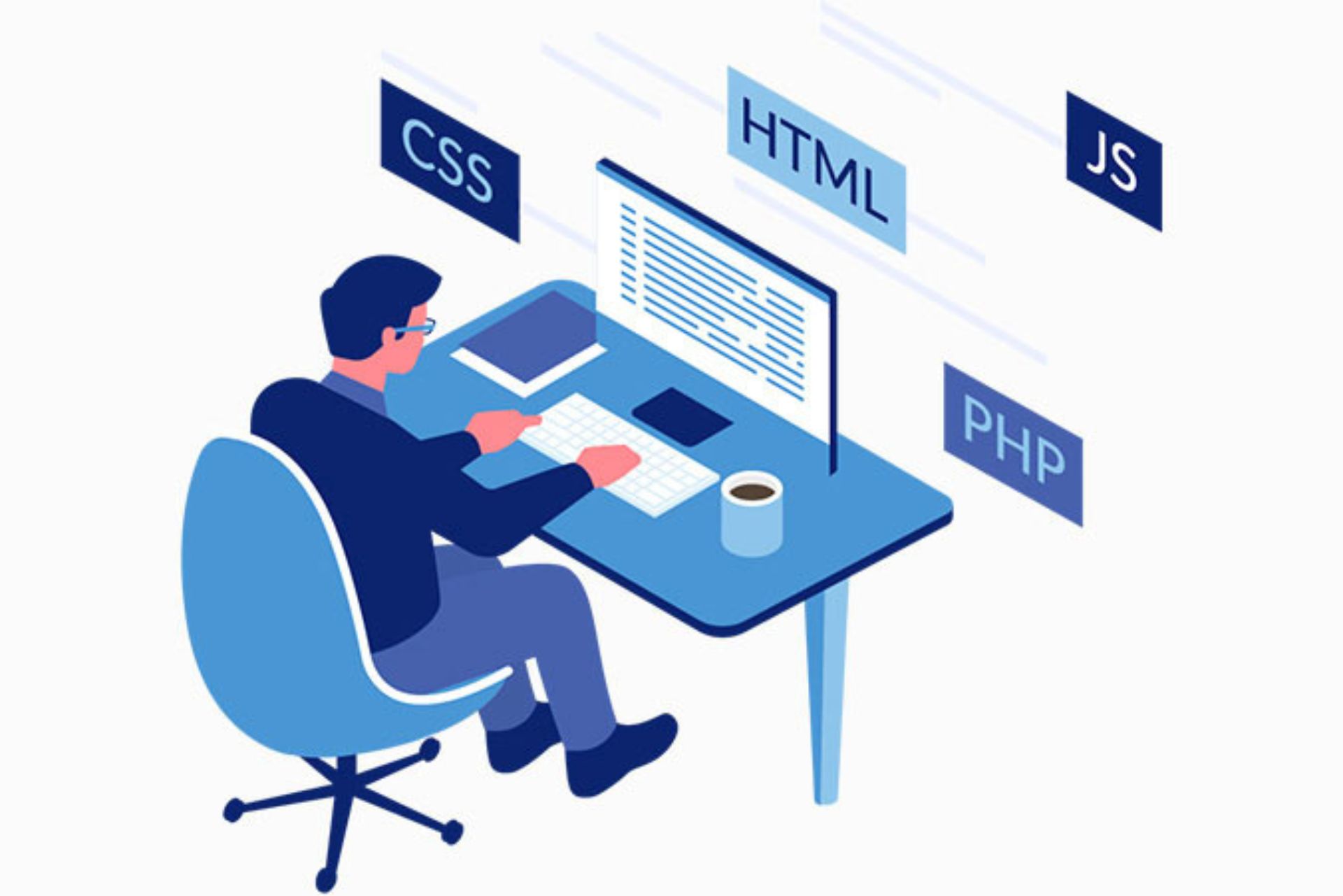#1 HTML & CSS Course with Certification
Classroom Training | Live Online Session
Learn HTML & CSS to maximize your effort and eventually amplify your development skills with this Online & Offline HTML & CSS Course. Get familiar with all the HTML & CSS techniques with this course.

1-on-1
Mentoring Sessions
Beginner
Course Level
Flexible Per Course
Timing
1000+
Students Trained
HTML & CSS Course Details
Industry-Relevant Curriculum
1:1 Mentoring Session with Expert Trainers
No Prior Experience/Knowledge required
Access to LMS
Dedicated Q&A Support & Doubt Solving Sessions
Practice Tests & Assignments
Get Brochure Now !
Classroom & Online HTML & CSS Course Syllabus
This Online WordPress course syllabus follows a ‘learn by doing’ approach. This means you will be building your website alongside the trainer while you learn WordPress online through the video lectures. You can also book a 1-on-1 mentoring session to solve all your doubts.
- Introduction to WordPress web development
- Importance of planning your WordPress website
- Various aspects of your WordPress website that require planning
- Choosing between WordPress.com & WordPress.org
- Things required to create a WordPress website
- How to install WordPress on a web host
- Overview of the WordPress dashboard
- Choosing between WYSIWYG & Gutenberg Editor
- How to customize your WordPress Website
- Exploring WordPress dashboard settings in-depth
- Configure settings for your own WordPress website
- Discover additional WordPress maintenance tools
- Learn how to use the Divi theme & Divi builder
- Set up essential pages of the WordPress website
- Understand how to structure the website’s navigation
- Learn why & how to get an SSL certificate
- Make your WordPress website secure using plugins
- Learn the importance of regular back-ups
- Learn how to optimize your website for search engines
- Find tips on website maintenance
What Our Students Say
 “I enrolled for ProiDeators SEO, Social Media short-term certification courses. I am satisfied with this course and teaching. Also, I got all certificates from there for SEO & Social Media. I would totally recommend going for these short-term certification courses.”
“I enrolled for ProiDeators SEO, Social Media short-term certification courses. I am satisfied with this course and teaching. Also, I got all certificates from there for SEO & Social Media. I would totally recommend going for these short-term certification courses.”
– Pooja Yadav
Student of SEO & Social Media
 “Best short term course for Website Development & Google Analytics. Excellent institute for practical knowledge. It gives you quality as it promises. Specially the teachers are very good who teach with examples that make it easy to understand.” Best Digital Marketing Courses Institute
“Best short term course for Website Development & Google Analytics. Excellent institute for practical knowledge. It gives you quality as it promises. Specially the teachers are very good who teach with examples that make it easy to understand.” Best Digital Marketing Courses Institute
– Pratik Shirore
Student of Masters in Digital Marketing, India
HTML & CSS in Digital Marketing Training Courses at Thane, Mumbai – India
HTML (Hypertext Markup Language) and CSS (Cascading Style Sheets) are essential tools in digital marketing for website development and design. With the help of HTML and CSS website content and layout can be implemented in a customized manner. Basic HTML and CSS must be acquired by every digital marketer to run their clients sites smoothly and effortlessly.
Here are some common use cases for HTML and CSS in digital marketing:
Website Creation: HTML is the backbone of web pages. It provides the structure and semantic markup for content. CSS is used to style and format the elements defined in HTML. Digital marketers use HTML and CSS to create visually appealing and user-friendly websites that effectively showcase their products or services.
Landing Pages: Landing pages are standalone web pages designed specifically for marketing campaigns. HTML and CSS are used to create landing pages that are optimized for conversions. Digital marketers can control the layout, design, and elements of the landing page using HTML and CSS to ensure a compelling and persuasive user experience.
Email Marketing: HTML and CSS play a crucial role in email marketing campaigns. Marketers use HTML to create visually appealing and interactive email templates. CSS is used to style the email content, including fonts, colors, images, and layout. HTML and CSS allow marketers to design attractive emails that capture the attention of recipients and encourage click-throughs and conversions.
Responsive Design: With the increasing use of mobile devices, responsive design is vital for digital marketing. HTML and CSS enable the creation of responsive websites that adapt to different screen sizes and devices. By using media queries in CSS, marketers can optimize the layout and design of their websites for mobile, tablet, and desktop users, ensuring a seamless user experience across devices.
A/B Testing: A/B testing is an essential technique in digital marketing to optimize conversions. Marketers use HTML and CSS to create different variations of web pages or elements and test them against each other. By making changes to the HTML and CSS code, marketers can test different headlines, layouts, colors, or call-to-action buttons to determine which version performs better in terms of engagement and conversions.
Website Optimization: HTML and CSS are used to optimize websites for search engines (SEO). Marketers can use HTML tags and attributes to provide search engines with valuable information about the website’s content. CSS can be used to optimize the loading speed of a website by compressing and minifying CSS files, reducing the size of images, and implementing other performance optimization techniques.
Tracking and Analytics: HTML and CSS play a role in implementing tracking codes and analytics scripts on websites. Marketers can embed tracking codes, such as Google Analytics, into the HTML code of their websites to collect data on user behavior, traffic sources, conversions, and other metrics. CSS can be used to hide or style specific elements based on user interactions or events for tracking purposes.
HTML and CSS are foundational languages in digital marketing that allow marketers to create visually appealing, user-friendly, and optimized websites, landing pages, and emails. By leveraging these technologies effectively, digital marketers can enhance their online presence, engage their audience, and drive conversions.
